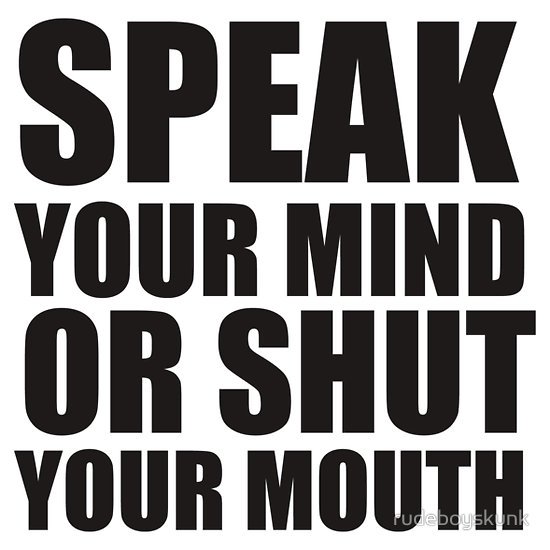Mar.23, 2011: Bottling up emotions can make people more aggressive, according to new research from The University of Texas at Austin and the University of Minnesota that was funded, in part, by a grant from the U.S. Army.
The study, published in the journal Social Psychological and Personality Science, could have important implications for reducing violence and helping people in professions such as law enforcement and the military better cope with long hours and stressful situations.

The psychologists used a pair of classic movie scenes in their research. They found that subjects who were asked to suppress their emotions and show no reaction to a notoriously disgusting scene in the 1983 film “The Meaning of Life” and another in the 1996 film “Trainspotting” were more aggressive afterwards than subjects who were allowed to show their revulsion.
The research reinforces scientists’ understanding of the “ego depletion effect,” which suggests people who must keep their emotions bottled up — not reacting to a difficult boss at work, for example — are more likely to act aggressively afterwards — by yelling at their children, perhaps.
Subjects in the experiment who were deprived of sleep before watching the scenes reacted no differently than those who were well rested. This suggests that fatigue does not make people more aggressive, as some previous studies have suggested.
“Our research suggests people may become more aggressive after they have to control themselves,” says co-author Arthur Markman, a psychology professor at The University of Texas at Austin “Whatever psychological mechanisms are at work when people deal with stress and then have to exercise self control later are not the same thing that happens when you’re tired.”
 Markman wrote the study with Todd Maddox of The University of Texas at Austin and Kathleen Vohs and Brian Glass, both of the University of Minnesota.
Markman wrote the study with Todd Maddox of The University of Texas at Austin and Kathleen Vohs and Brian Glass, both of the University of Minnesota.
Subjects in the study included U.S. Army soldiers, cadets at the United States Military Academy at West Point and other college students.
Half of the subjects were asked to remain awake for 24 hours before watching the overeating scene from “Monty Python’s The Meaning of Life” and the toilet bowl scene from “Trainspotting.” The others were permitted to sleep. Some of the subjects were then asked to watch the scenes without visibly reacting (monitors made sure they didn’t cheat) while the others were able to watch the scenes with no restrictions.
All subjects were then placed in a computerized competition in which they could blast an online opponent with noise. (In reality, there was no opponent and no one was blasted, though subjects thought they were doing so.) Those subjects who had suppressed their emotions while watching the movie scenes began the competition by setting the noise level at between 6 and 7 on a scale of 10 while the others set the noise level at between 4 and 5, on average.
Source for Fatigue does not lead to aggression. Bottled up emotions do.

